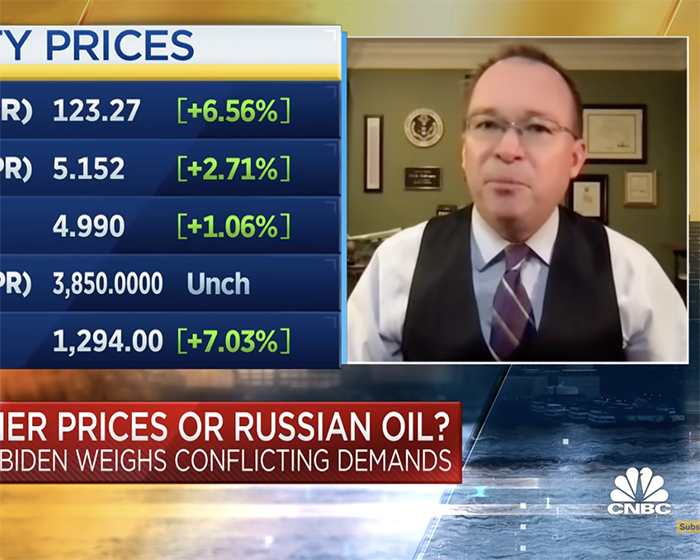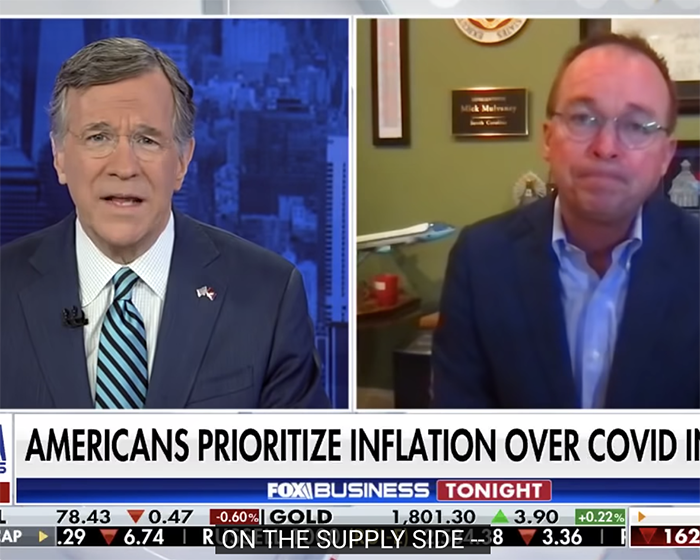The Justices’ Wakeup Call to Congress
By Mick Mulvaney and Eric Blankenstein
The Supreme Court released an underappreciated decision last month that should teach Congress an important lesson about the danger of relinquishing its powers. Seila Law v. Consumer Financial Protection Bureau asked if it was constitutional for Congress to constrain the president’s ability to fire the CFPB director, allowing removal only for “inefficiency, neglect of duty, or malfeasance in office.” In a 5-4 decision, the court said no.
Chief Justice John Roberts wrote for the majority that the president’s “unrestricted” authority to remove executive-branch officers is subject to only two exceptions: “one for multimember expert agencies that don’t wield substantial executive power, and one for inferior officers with limited duties and no policymaking or administrative authority.” Since the CFPB director falls into neither of these exceptions, the president can remove her at will.
Yet the constitutional defect wasn’t fatal to the bureau as a whole. Seven justices agreed that the offending provision was “severable”—it could be struck down while letting the rest of the law stand—reasoning that the lawmakers who created the bureau would have preferred a CFPB supervised by the president to no CFPB. Justices Clarence Thomas and Neil Gorsuch called that “nothing more than speculation” and wrote that they would have decided the case without resolving the question of severability.
The court’s decision to sever the for-cause removal protection creates an ironic outcome. The defining feature of the CFPB has been its extreme independence from the elected branches of government—Congress as well as the president. The 2010 law that created the bureau gave it an automatic funding stream from the Federal Reserve, bypassing the normal congressional appropriations process, and even made it illegal for appropriations subcommittees to review the CFPB budget. It also granted the bureau broad discretion to write rules affecting a substantial portion of the economy and, for good measure, ordered courts to grant those rules deference.
In effect, Congress handed over the keys to its two most potent powers, the power of the purse and the power to make laws, apparently satisfied that the agency would drive on autopilot. But as a result of the Seila decision, President Trump is firmly in the driver’s seat. We hope he uses his newly recognized authority to bring greater accountability to the CFPB, such as by instructing it to follow his executive orders. He could also tell it to draw no further funds from the Fed unless Congress authorizes appropriations or makes other improvements to the bureau—such as requiring legislative approval of the bureau’s major rules.
James Madison advised in Federalist No. 51 that the best way to prevent the concentration of power in one department is to give each coequal branch of government the means to resist encroachment by the others. Our system of checks and balances fundamentally breaks down when Congress abdicates its responsibility to the American people. Perhaps this decision will convince Congress to guard its powers more jealously.
Messrs. Mulvaney and Blankenstein are, respectively, a former acting director and a former policy associate director of the CFPB.
Relevant and recent posts






